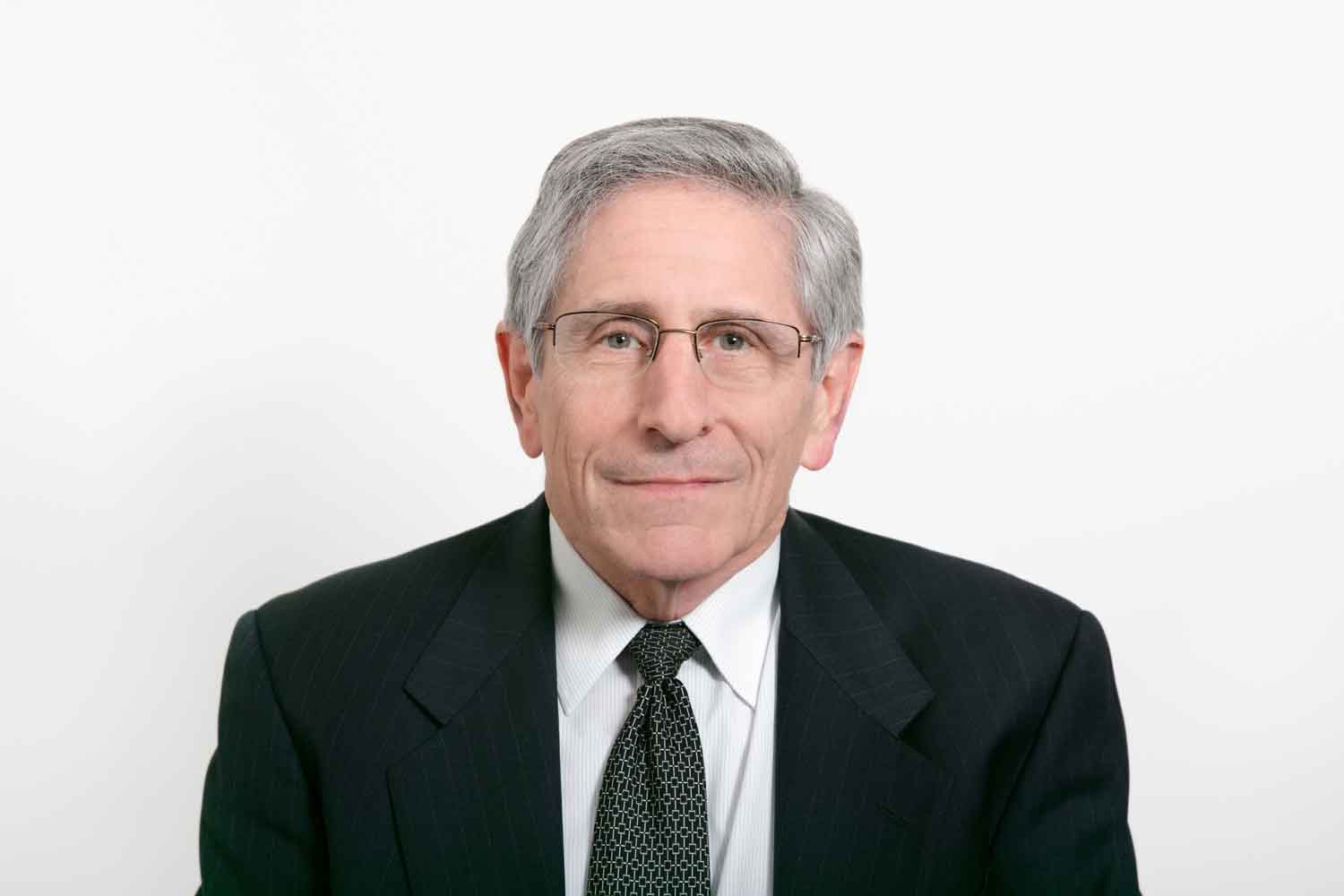The U.S. House Committee on Appropriations may spoil the Food and Drug Administration’s plans to ban flavored cigars, ban menthol cigarettes and limit nicotine levels in cigarettes, reports Halfwheel.
On May 17, the committee, which is responsible for allocating funds to various government entities, including the FDA and the Department of Agriculture, unveiled the draft of the Agriculture, Rural Development, Food And Drug Administration, And Related Agencies Bill.
The proposed language says that FDA cannot use any of the money Congress allocates for it to ban menthol or set nicotine levels, effectively preventing the agency from carrying out the regulations.
The relevant passages are:
SEC 768. None of the funds provided by this Act or provided from any accounts in the Treasury of the United States derived by the collection of fees available to the agencies funded by this Act, may be used by the Secretary of Health and Human Services to finalize, issue, implement, administer, or enforce any rule, regulation, or order setting a tobacco product standard that mandates a maximum nicotine level for cigarettes.
And:
SEC 769. None of the funds provided by this Act, or provided from any accounts in the Treasury of the United States derived by the collection of fees available to the agencies funded by this Act, may be used by the Secretary of Health and Human Services to finalize, issue, or implement any rule, regulation, notice of proposed rule- making, or order setting any tobacco product standard that would prohibit menthol as a characterizing flavor in cigarettes or prohibit characterizing flavors in all cigars and their components and parts.
Anti-tobacco activists were aghast. “This bill is a special interest gift to the tobacco industry that would result in more kids addicted to tobacco and more lives lost, especially Black lives,” wrote Matthew L. Myers, president of the Campaign for Tobacco-Free Kids, in a statement. “These shameful provisions give the tobacco industry everything it wants from Congress in exchange for its campaign contributions.”
The bill is in its early stages and is likely to undergo many modifications.





















